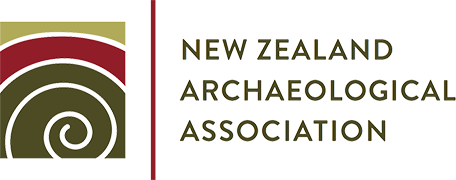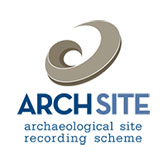Members of the NZAA agree to abide by the Code of Ethics when they join the Association.
Preamble
This Code of Ethics was adopted by the New Zealand Archaeological Association at its Annual General Meeting at Kaikoura on 26 May 1993. Its purpose is to ensure that members of the Association are aware of the various professional and ethical obligations that archaeologists have and to ensure that they behave in an ethical manner consistent with the principles of the Treaty of Waitangi Te Tiriti o Waitangi.
Principles
- Members have an obligation to the discipline of archaeology, and agree to undertake their investigations by acceptable archaeological techniques, and present the results of their work accurately, fully and fairly.
- Members recognise that they have obligations to any group whose cultural background is the subject of investigation.
- Members recognise that, in Aotearoa, archaeologists have a particular obligation to recognise the rights of the tangata whenua. Both in Aotearoa and elsewhere, they have obligations to the indigenous peoples and shall abide by the following:(a) To acknowledge the importance of the indigenous cultural heritage, including sites, places, objects, artefacts, and human remains, to the survival of indigenous cultures.(b) To acknowledge the importance of protecting the indigenous cultural heritage for the well-being of indigenous people.(c) To acknowledge the special importance of ancestral human remains, and sites containing and/or associated with such remains, to the indigenous people.(d) To acknowledge that the important relationship between indigenous peoples and their cultural heritage exists irrespective of legal ownership.(e) To acknowledge and recognise indigenous methodologies for interpreting, curating, managing and protecting the indigenous cultural heritage.
(f) To encourage the establishment of equitable partnerships and relationships with the indigenous peoples whose cultural sites are being investigated or managed.
- Members have an obligation to ensure, wherever possible, the protection preservation and conservation of the sites and objects they deal with.
Rules
Members agree that they will adhere to the following rules:
- Members shall abide by the Historic Places Act 1993 and other relevant legislation.
- Members shall seek to identify, and shall negotiate with, and obtain the informed consent of representatives authorised by the people whose cultural sites are the subject of investigation or management.
- Members shall ensure that the authorised representatives of the peoples whose sites are being investigated are kept informed during all stages of the investigation.
- Members shall ensure that their work results in written reports, copies of which shall be presented to the representatives of the identified cultural group.
- Members shall not interfere with or remove human remains without being requested by or having the express consent of the authorised representatives.
- Members shall not interfere with or remove artefacts or objects of special cultural significance without the express consent of the authorised representatives of the appropriate cultural group.




